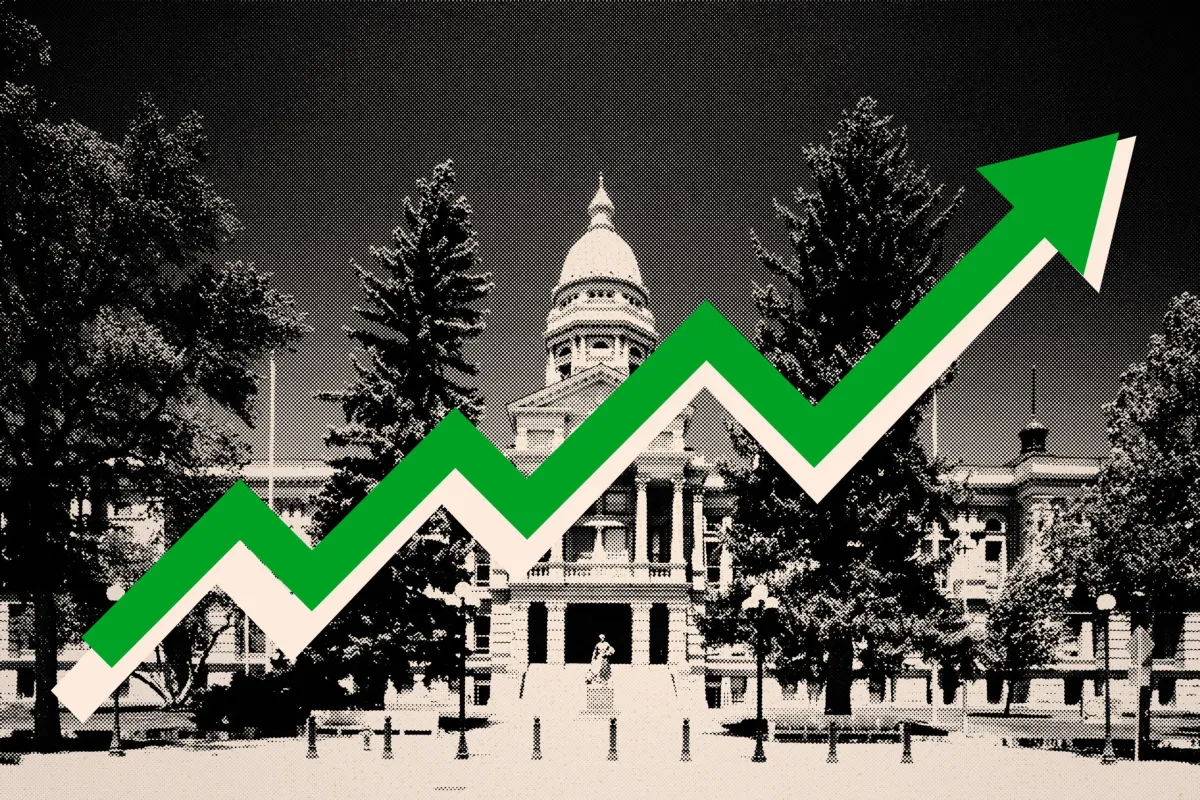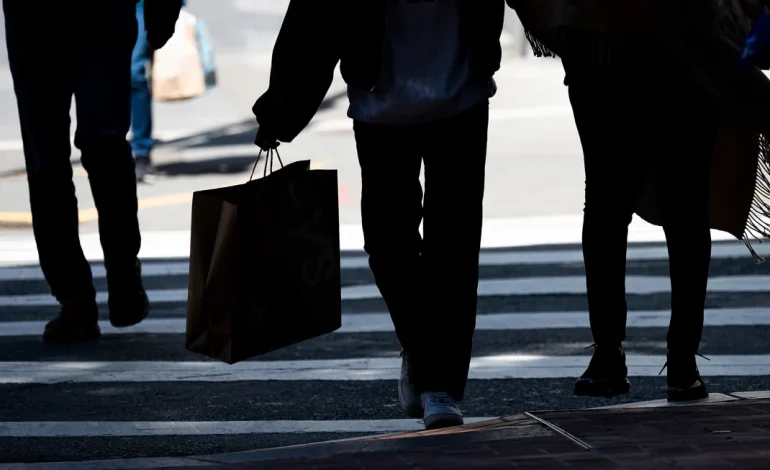As economic uncertainty looms, discussions about the possibility of a US recession have intensified, CNN reports.
While a downturn is not inevitable, recent policy decisions and statements from the Trump administration have raised concerns about potential economic disruptions.
Markets have been shaken by warnings from administration officials that a “detox period” may be necessary for the economy. Key policies—including tariffs, federal spending cuts, and workforce reductions—are being positioned as worthwhile trade-offs, even if they contribute to a recession.
Treasury Secretary Scott Bessent acknowledged the uncertainty, stating he “can’t guarantee” the country will avoid an economic contraction.
Historically, recessions have had lasting economic and social effects, particularly for lower-income individuals and marginalized communities.
According to economists, downturns typically lead to:
- Job losses and rising unemployment
- Declining wages and weakened consumer confidence
- Debt defaults and financial instability
- Increased mental health challenges, including stress-related illnesses
- Erosion of housing values and retirement savings
Elise Gould, a senior economist at the Economic Policy Institute, warns that low-income and historically disadvantaged workers tend to suffer the most. Young professionals, new graduates, and workers in precarious jobs often face long-term setbacks in earnings and career growth.
Economists have studied past recessions and found that workers who enter the labor market during downturns can experience financial struggles for decades. Research from Hannes Schwandt, a health economist, indicates that people who started their careers during the 1981-1982 recession not only earned less money over time but also faced higher divorce rates, poorer health outcomes, and even shorter life spans.
For many individuals, the effects of a major economic downturn can be irreversible.
One of the biggest concerns among economists is that deep spending cuts could limit the government’s ability to respond effectively to a recession.
Historically, policies that emphasize fiscal austerity have slowed economic recoveries. During the Great Recession, for example, government spending reductions delayed job creation and wage growth. In contrast, a more aggressive response during the COVID-19 pandemic led to a faster economic rebound.
Gould warns that current proposals to cut safety net programs—such as unemployment benefits and job training initiatives—could exacerbate financial hardships if the economy contracts.










The latest news in your social feeds
Subscribe to our social media platforms to stay tuned